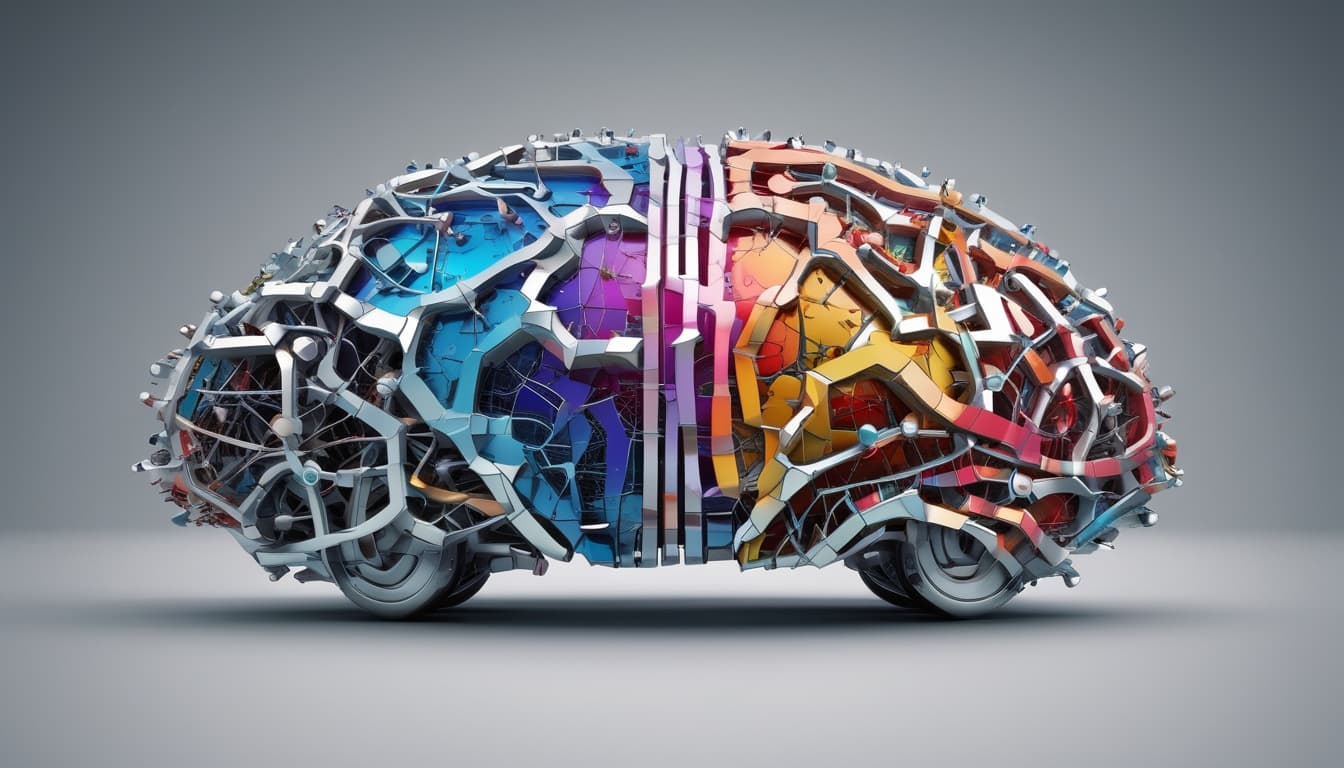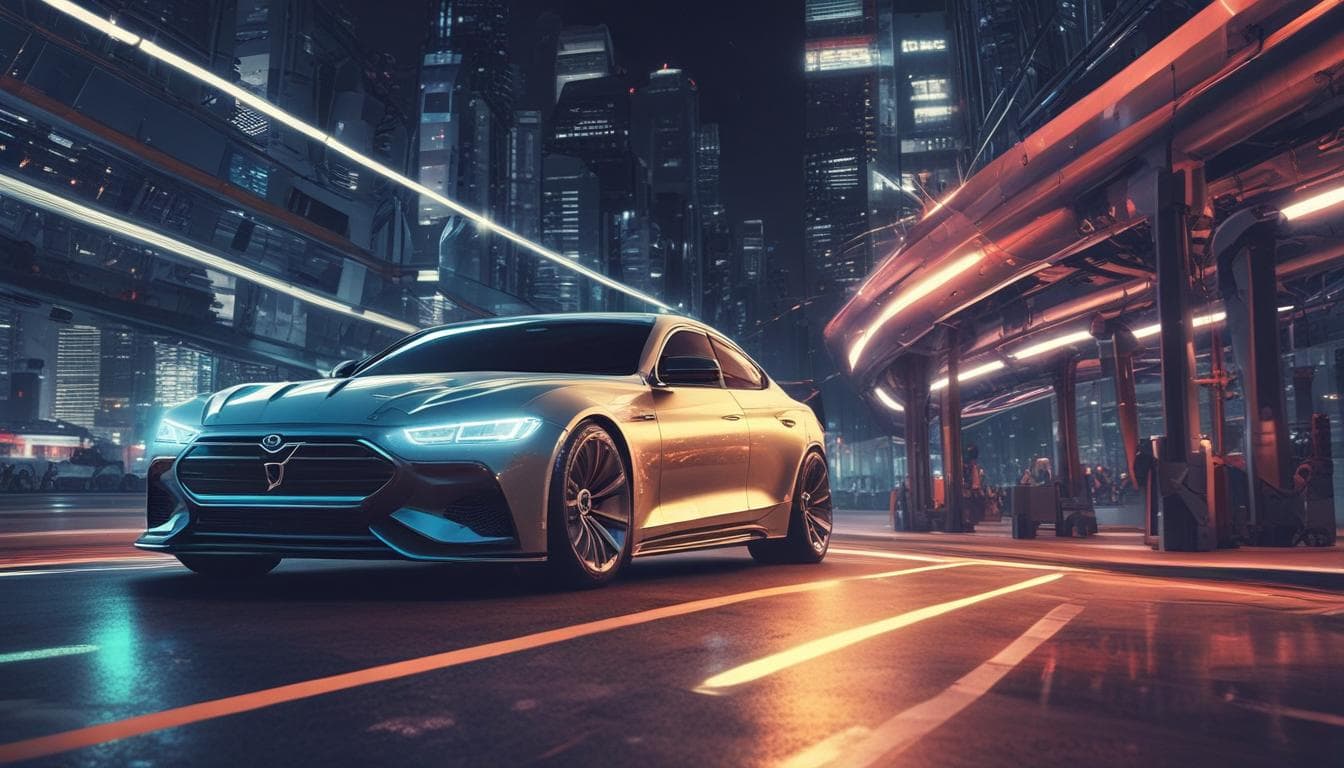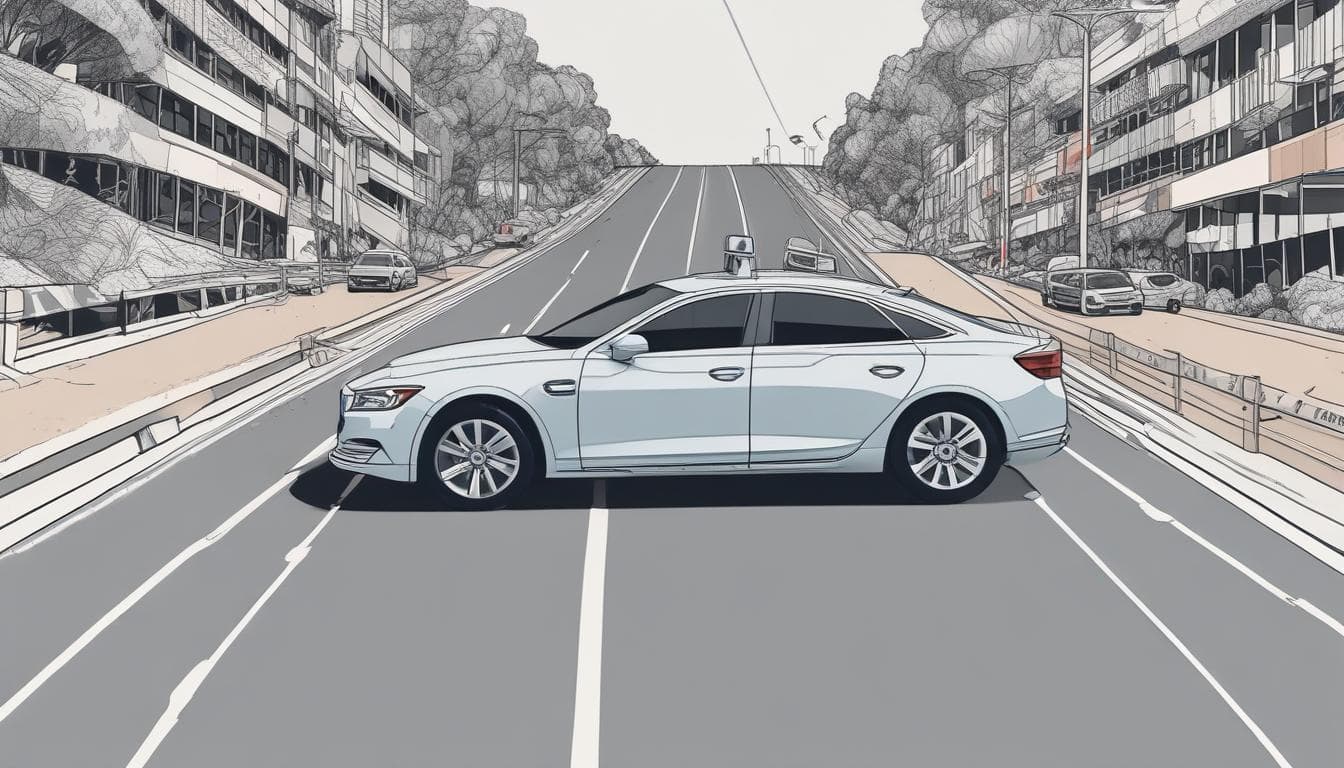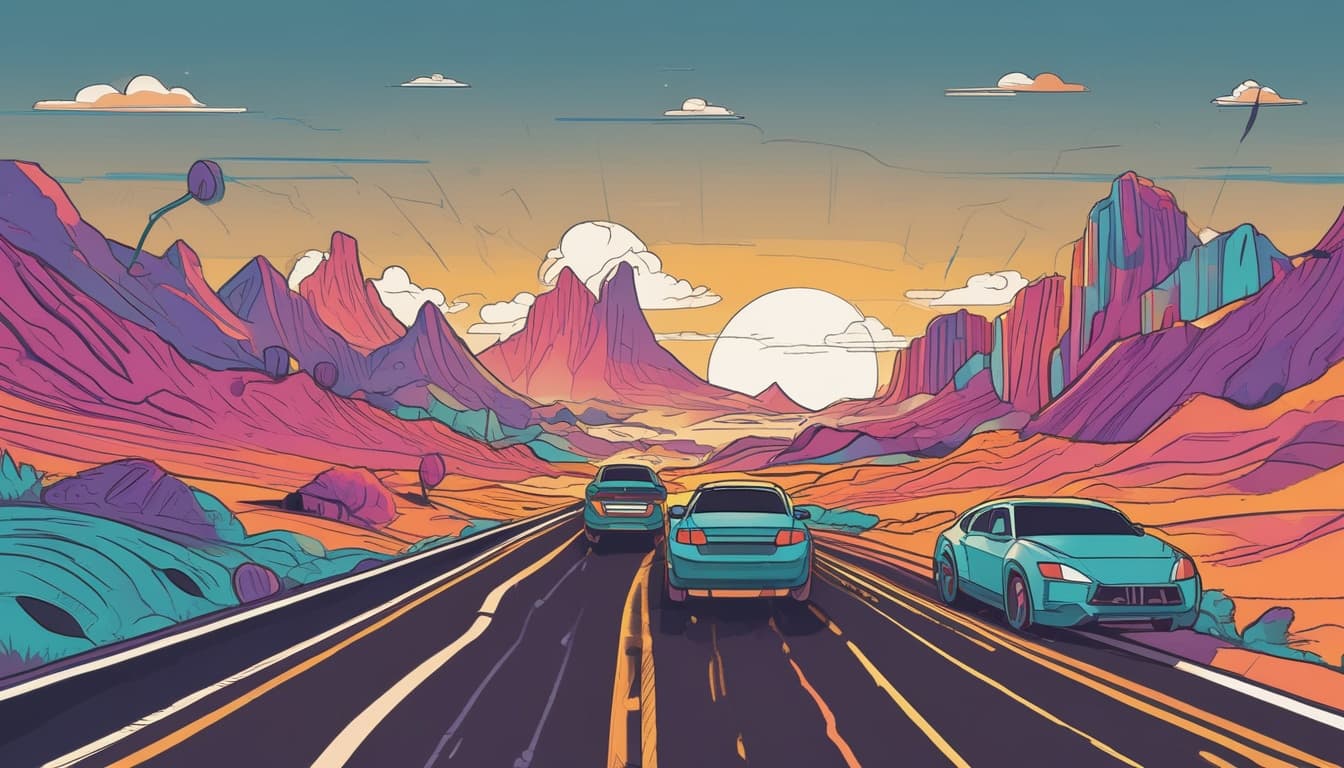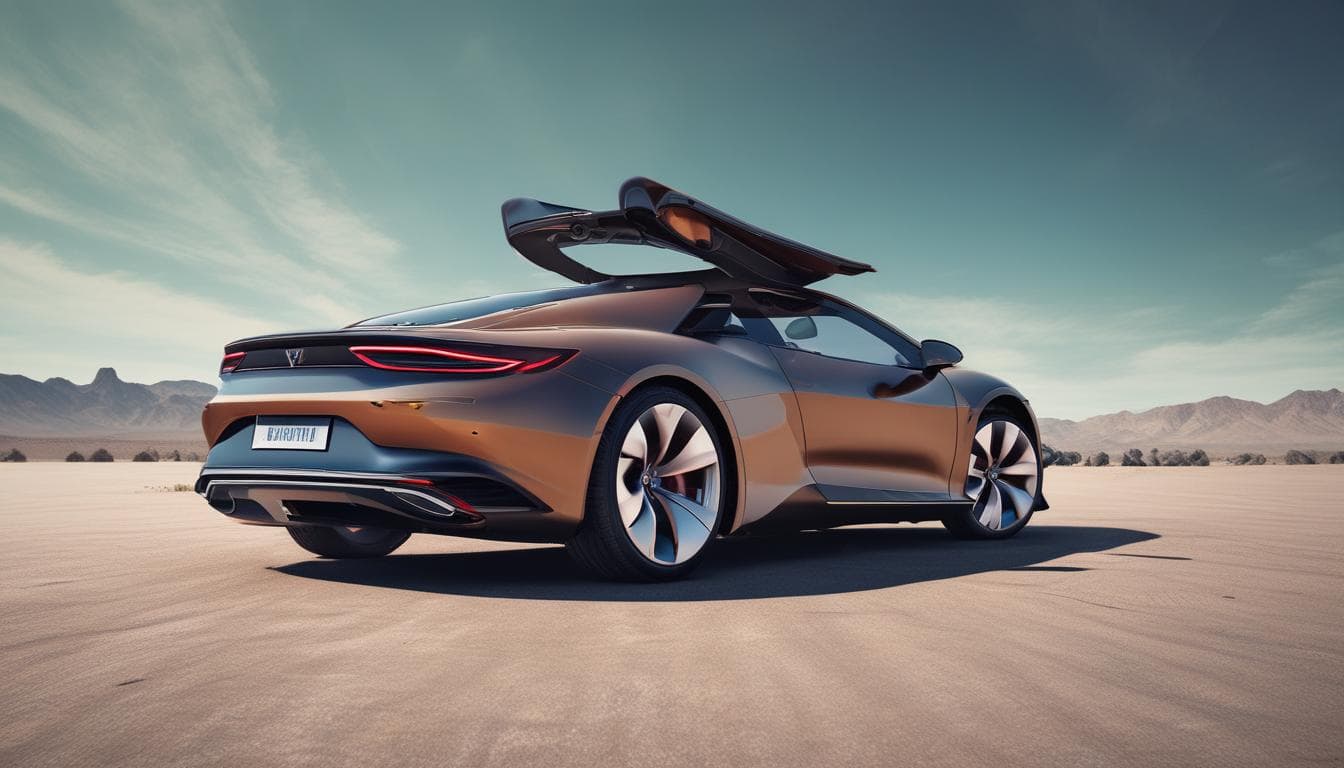With the increasing integration of AI in vehicles, how do you envision the role of a human driver evolving? Will driving become a leisure activity rather than a necessity, and what implications might this have on car culture and design?
That's a great question, @techauto! The increasing sophistication of AI in vehicles is definitely pointing towards a future where the role of the human driver shifts significantly. I think we'll see a gradual transition in stages.
Short-term: AI will primarily act as a co-pilot, handling tedious tasks like highway driving or parking. This will free up the human driver to focus on other things, or simply relax and enjoy the ride. Features like advanced driver-assistance systems (ADAS) are already paving the way for this.
Mid-term: As AI becomes more reliable, we'll likely see more autonomous driving modes, perhaps even allowing drivers to take their hands off the wheel entirely in certain situations. This is where the line between necessity and leisure begins to blur. Imagine commuting in a self-driving car while you catch up on work or enjoy a movie. This could also lead to a rise in "mobility as a service" where people subscribe to autonomous transportation rather than owning a car.
Long-term: Fully autonomous vehicles could become the norm, making human driving a choice rather than a requirement. This could have profound implications on car culture. Car design might prioritize comfort and entertainment over performance and handling. Think of vehicles becoming more like mobile living rooms or offices. Enthusiast driving might be relegated to dedicated tracks or closed courses. We might even see a resurgence of classic car culture, with people cherishing the experience of driving vintage vehicles the way we enjoy horseback riding today.
However, there are challenges to overcome. Public trust in AI is crucial, and ensuring the safety and reliability of these systems is paramount. The legal and ethical implications of autonomous driving also need to be carefully considered. It's going to be a fascinating journey to see how this all unfolds.
探索更多相关内容
加入讨论
- 未来汽车:移动的个人健康管理中心?机遇、挑战与展望
探讨未来汽车如何转变为“移动个人健康管理中心”,实时监测身体指标、提供个性化建议。分析其对日常生活、健康习惯的影响,以及带来的机遇、挑战,包括隐私、数据安全和跨界合作等问题。
- 未来汽车的“生物感官”:它们将如何感知城市与人类?
探讨未来汽车超越传统视觉与雷达,拥有嗅觉、味觉、触觉等生物感官的可能性。想象这些“汽车五感”如何改变车辆对城市环境的理解、重塑驾驶体验、优化交通系统设计,并深化人与汽车的情感联结。加入讨论,分享你对智能汽车感官进化的独特见解。
- 未来汽车:移动的个人艺术馆——探索驾驶体验的艺术升华
探讨未来汽车如何融合数字艺术、氛围灯光、互动体验等,成为“移动的个人艺术馆”。分享您对个性化“移动艺术空间”的创意,以及这种结合对汽车设计、文化和出行方式的深远影响。这是否预示着一个将驾驶体验提升至艺术欣赏层面的全新汽车时代的到来?
